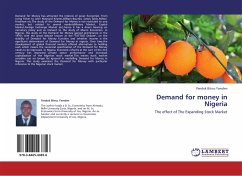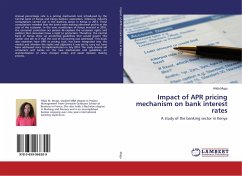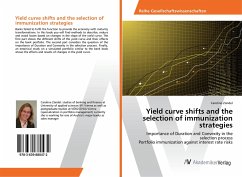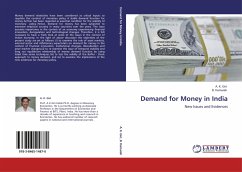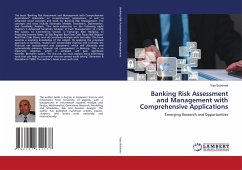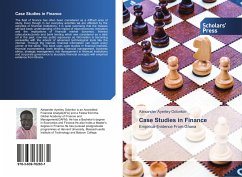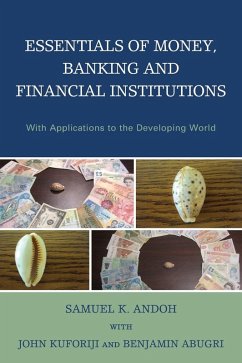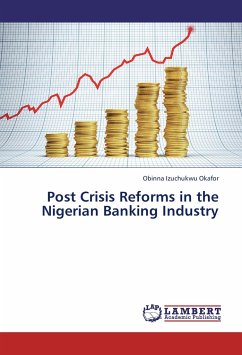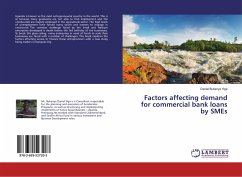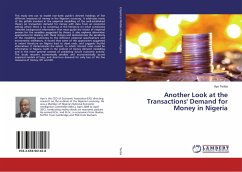
Another Look at the Transactions' Demand for Money in Nigeria
Versandkostenfrei!
Versandfertig in 6-10 Tagen
43,99 €
inkl. MwSt.

PAYBACK Punkte
22 °P sammeln!
This study sets out to model non-bank public's desired holdings of five different measures of money in the Nigerian economy. It addresses many of the pitfalls involved in the empirical modelling of the well-established theory on transaction demand for money with data from an economic setting where there is no consensus in the literature on what constitutes 'relevant background information' that must guide the choice of empirical proxies for the variables suggested by theory. It also explores alternative approaches for dealing with these choices and demonstrates the sensitivity of the modelling...
This study sets out to model non-bank public's desired holdings of five different measures of money in the Nigerian economy. It addresses many of the pitfalls involved in the empirical modelling of the well-established theory on transaction demand for money with data from an economic setting where there is no consensus in the literature on what constitutes 'relevant background information' that must guide the choice of empirical proxies for the variables suggested by theory. It also explores alternative approaches for dealing with these choices and demonstrates the sensitivity of the modelling outcomes to the different empirical specifications and econometric estimators. It found that some of the approaches suggested in extant literature on Nigeria lead to dead ends, and suggests fruitful alternatives. It demonstrates the extent, to which interest rates could be informative in Nigeria, both in the context of money demand modelling and in the more general context of predicting future economic activity. The study recovers economically sensible and econometrically sound empirical models of long- and short-run demand for only two of the five measures of money: M1 and DD.



